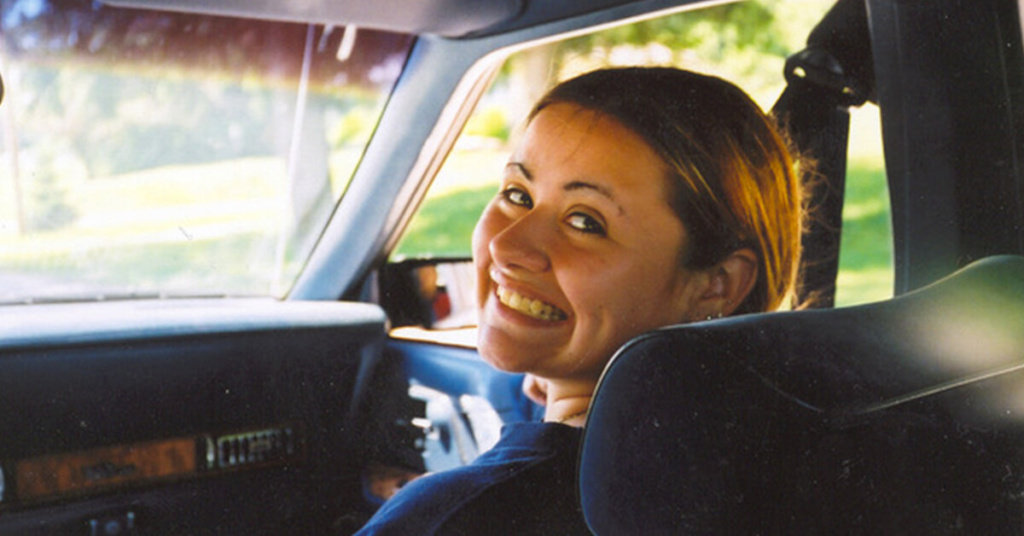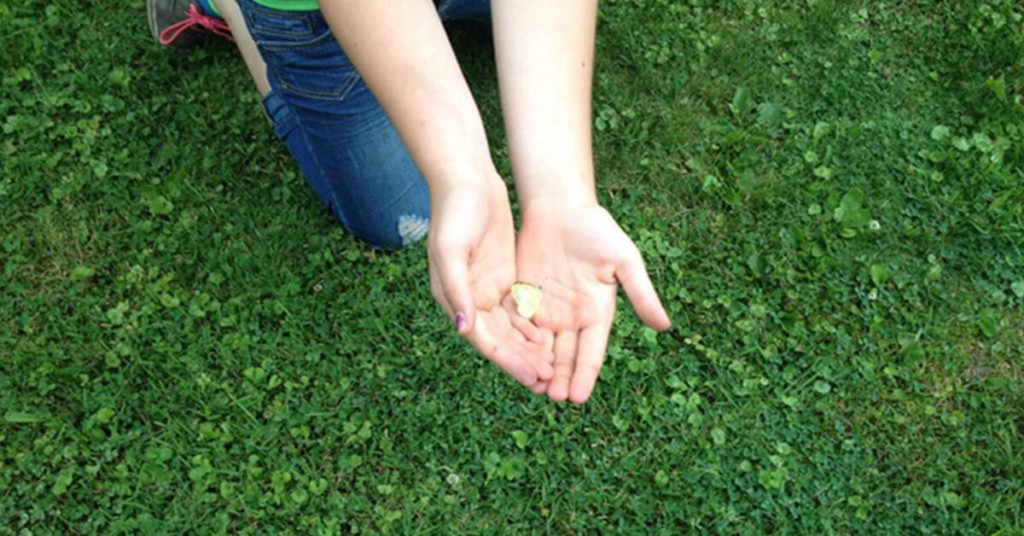Graduating Grief Guest Post: David Roberts
One of my initial lessons about guilt occurred early in my career as an addiction professional for the State of New York. I was talking with my late supervisor and mentor Don, about what I believed was a questionable decision I made regarding a client-related matter.
Once I finished explaining my actions and repeatedly second-guessing myself , Don shared this observation with me:
“Guilt is a useless emotion.”
In retrospect, I believe this was his way of telling me that prolonged guilt is detrimental and interferes with our ability to progress and engage in the world around us.
Guilt manifests in many situations in our lives. The experience of guilt for some, may be as common as a warm breeze on a summer’s day. However, if we let it, our guilt can be a useful tool in facilitating clarity after a loss or other life-altering circumstances.
I doubt that Don factored in the role that guilt plays in the aftermath of catastrophic loss, but given the context of our discussion, it was not have been a topic that would have routinely come up.
My Personal Guilt Trip

There are many ways to define guilt, but the definition that most resonates with me is: “an unhappy feeling that you have because you have done something wrong or think that you have done something wrong.”
My 18-year-old daughter Jeannine transitioned from this world due to cancer on March 1,2003. During the early phase of grief, I experienced recurrent episodes of guilt. My guilt was expressed primarily through “What If” questions. Here are the two questions that frequently manifested during this period of my grief and the answers that eventually made themselves known to me:
“What if I had discovered the symptoms of her cancer sooner, would she be alive today?
This question arose from my belief that I did not do enough to protect Jeannine from a form of cancer, that in all reality was incurable. The five -year survival rate for her type of cancer was anywhere from 10%- 15%, meaning that there was n 85%- 90% chance that she would transition within five years. She transitioned ten months after her diagnosis, and the birth of her daughter and my first grandchild Brianna . Today, I know that unless I had a crystal ball, there was no way for me to predict her cancer or prevent it from entering her body. I know today that the outcome would not have been any different. Jeannine was destined to inhabit the earth for a brief moment in time, and truly prove to me and others whom she left behind that love continues from the other side.
“What if I could have convinced her to participate in a clinical trial that could have prolonged the quality of her life?”
Almost immediately after her diagnosis, I researched clinical trials and found one that looked promising. Of course, I discussed this with Jeannine. She was adamant about continuing her treatment at home, near her family , friends and with her oncologist. She wanted to be a mother to Brianna for as long as humanly possible. As much as I wanted to exert my will and convince Jeannine to change her mind, I knew that I couldn’t. As I had respected the rights of my substance using clients to self-determine their treatment, I had to do the same for my daughter. I learned that it was not my responsibility to protect Jeannine from harm. It was my role as her father to respect her right to choose how her end-of-life chapter would play out.
Metamorphosis is Possible

The experience of guilt after any kind of loss is an expected, if not a necessary part of processing loss. Once we commit to acknowledging and honoring our guilt, it can be a conduit to achieving metamorphosis after loss. Here are some suggestions that may help to facilitate that metamorphosis:
Honor the past.
During challenging times, I believe that we all do the best that we can, given the hand of cards we were dealt. To arrive at this conclusion, we must re-examine our past , which could result in emotional pain during early grief. However, suppressing the need to engage in this review only empowers our guilt even more. In addition, not reflecting on our past, deprives us of discovering rich teachings that can help us create the present we desire. If after this period of necessary self-reflection, we conclude that we did do our best, we give ourselves permission to be imperfect. We realize that it is ok to be human. Our guilt controls us no more.
Keep a Journal.
Writing down my thoughts and feelings during Jeannine’s illness and following her death allowed me to get my guilt out in the open and acknowledge it. Journaling empowered me to reflect on my thoughts in early grief and assess the progress that I made. Looking back at my past journal entries have also helped me examine those events from a different perspective.
There are no rules for how often to write in your journal. I usually journaled when I felt nudged to do so. If you don’t feel like you have time to write, or don’t like to write, recorded journals are fine too.
Look for the Positives.
For at least one week, write down or record one positive thing that happened to you, and/or one positive thing that you did for someone else.
You can make this a part of your written or recorded journal or do this as a separate activity.
It is important that we make a conscious effort to focus on what is good in our lives, particularly when we are experiencing constant guilt after the loss of a loved one. Committing for even one week to recording or writing down at least one positive event per day can help us understand that we are loved and capable of giving love, in spite of our perceived shortcomings fueled by guilt.

